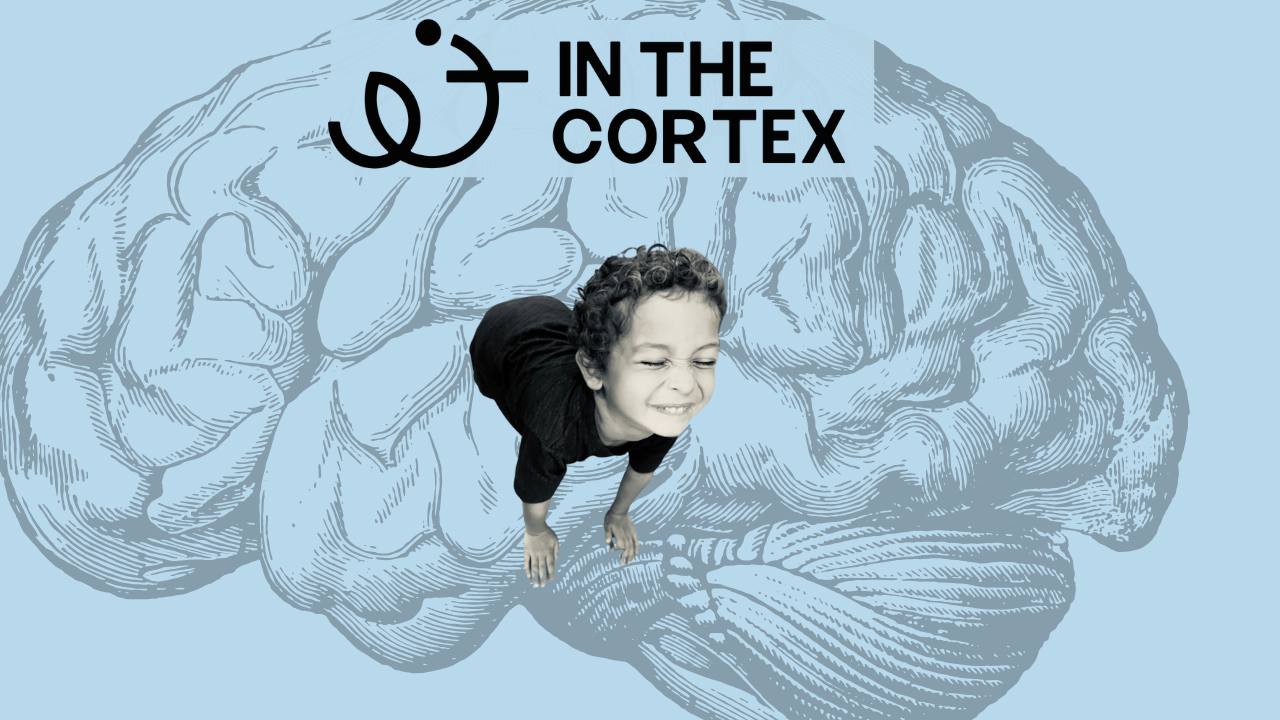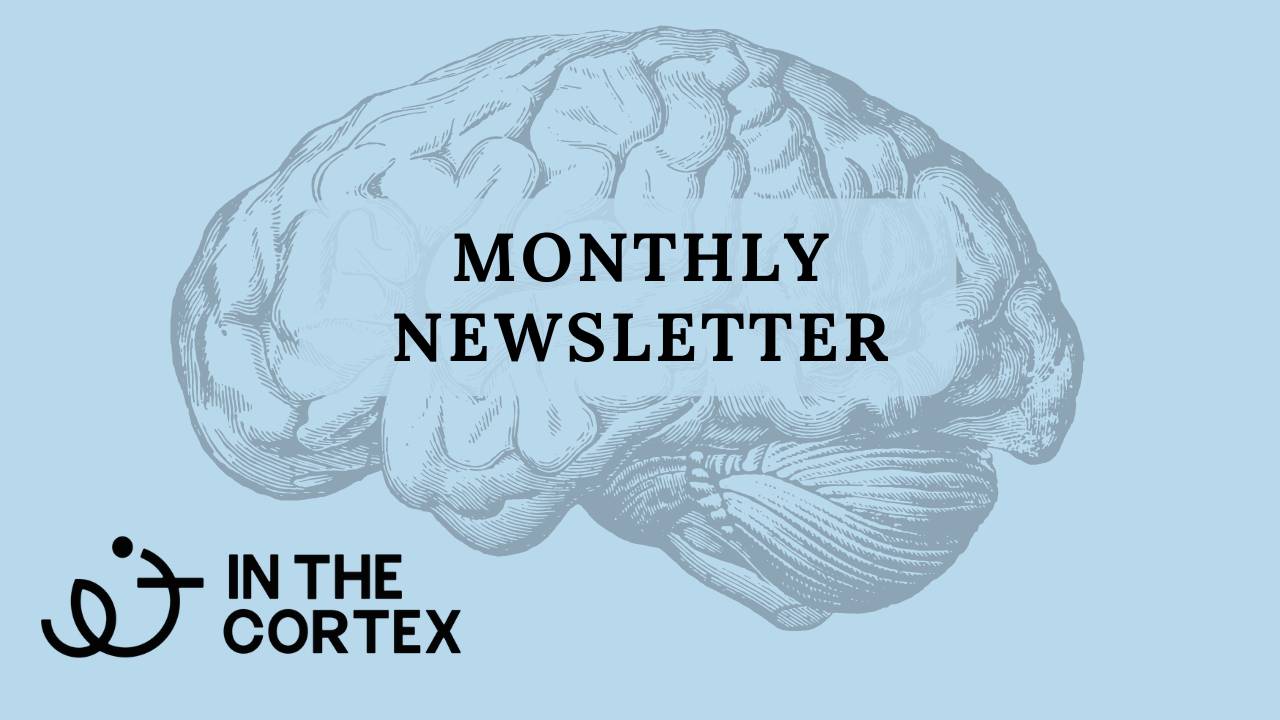Can Presence Be Cultivated?
The theme of this month here at In the Cortex is Presence.
If you think about it, presence is something we take for granted. When the teacher called your name in school, you answered "present!" And sure, we're present somewhere right now while we're reading this newsletter...technically. The more we think about it, though, presence is something that means more than just your body being in a certain place and at a certain time.
We can often sense another person's presence even when we can't see them, for example. Or we can sense when someone is with us but it not fully present. We even ask, "Is everything OK? You don't seem present today."
So, if presence is about more than just being in a place at a time, then how can we look at it?
For us at In the Cortex, presence is the ability to be mentally and physically in the same place. And this is an ability that can be hugely influenced by the current state of your nervous syste.
Let's go a little deeper:
In his 2018 article for The Gottman Institute, "Aware: The Science and Practice of Presence," Dr. Dan Siegel, who wrote a book by the same title, writes:
"Research reveals that when we have the trait of being present in life, we have well-being in our lives.
How? Presence in relationships means being open to connecting with the differentiated nature of others, creating compassionate and respectful communication while linking yet maintaining a differentiated sense of an inner self. In this important way, integration is more like a fruit salad than a smoothie—we maintain our differentiated nature and link, yet we do not become homogenized."
So, when it comes to brain reorganization, what does this all mean?
Let's do a little refresher on the primitive brain: this is the part of our brain that is still designed to operate like an animal - that's why it's also known as the lizard brain or reptilian brain! It's in charge of our automatic functions, like breathing and regulating our heart rate. It's also in charge of our fight-or-flight response in order to keep us safe in case of danger. Here's a fun explainer about how our human brain came to be:
If our primitive brain is not fully developed, or if we have certain primitive reflexes turned on, often our survival response will kick in (fight/flight/freeze/fawn), which means our nervous system will be dysregulated. And this cycle keeps repeating, day after day, leading to so many of the challenges we see here at ITC:
- Anxiety
- Lack of focus
- Brain fog
- Constant procrastination
- Difficulty paying attention
- Sensory processing difficulties
- Emotional outbursts
- Lack of motivation
Let's be honest, if we're constantly in survival mode (this includes functional responses), then how in the world are we supposed to be present?! If our brain is disorganized, most of the time it's trying to survive, presence is the last thing on its list.
 |
What Is Brain Reorganization? Listen to this episode from In the Cortex Podcast on Spotify. In this episode, we talk about what brain reorganization is, the 4 componen... open.spotify.com |
One of the main things people say when they do the In the Cortex program is that it makes them feel like themselves, and isn't that the ultimate way of cultivating presence?
New Research
This review article came out this year in the Journal of Pediatrics and Child Health, evaluating primitive reflexes and how they can impact markers of neurological and neurodevelopmental disorders in children and adults. If you're interested in digging into the background of why we work on primitive reflexes in our program, this is a great resource to learn about the history of this research, the effects, and how they can affect your brain.
New Program!

At In the Cortex, we're all about the movement. We're also all about addressing the root of our challenges, both neurological and subconscious. Our program consists of two main branches:
- The neurological foundation (regulating the nervous system from the root to rebuild the foundation)
- The subconscious beliefs (identifying and reprogramming those subconscious, emotional blocks that might be holding us back)
If you've ever wondered how we address limiting subconscious beliefs at ITC, now is your moment! We created the Subconscious Shift Program to focus solely on that: teaching you how to identify and reprogram your limiting subconscious beliefs at home or wherever you are, in less than three minutes!
This is your chance to take the leap and take charge of re-wiring the beliefs that might have been limiting you!
We're running a special for the month of June: when you sign up before June 30th, you'll get $20 off all your monthly subscription payments!
Just use promo code FIRSTSHIFT at checkout:
Thanks for reading, and please reply with anny comments or questions :)






Responses